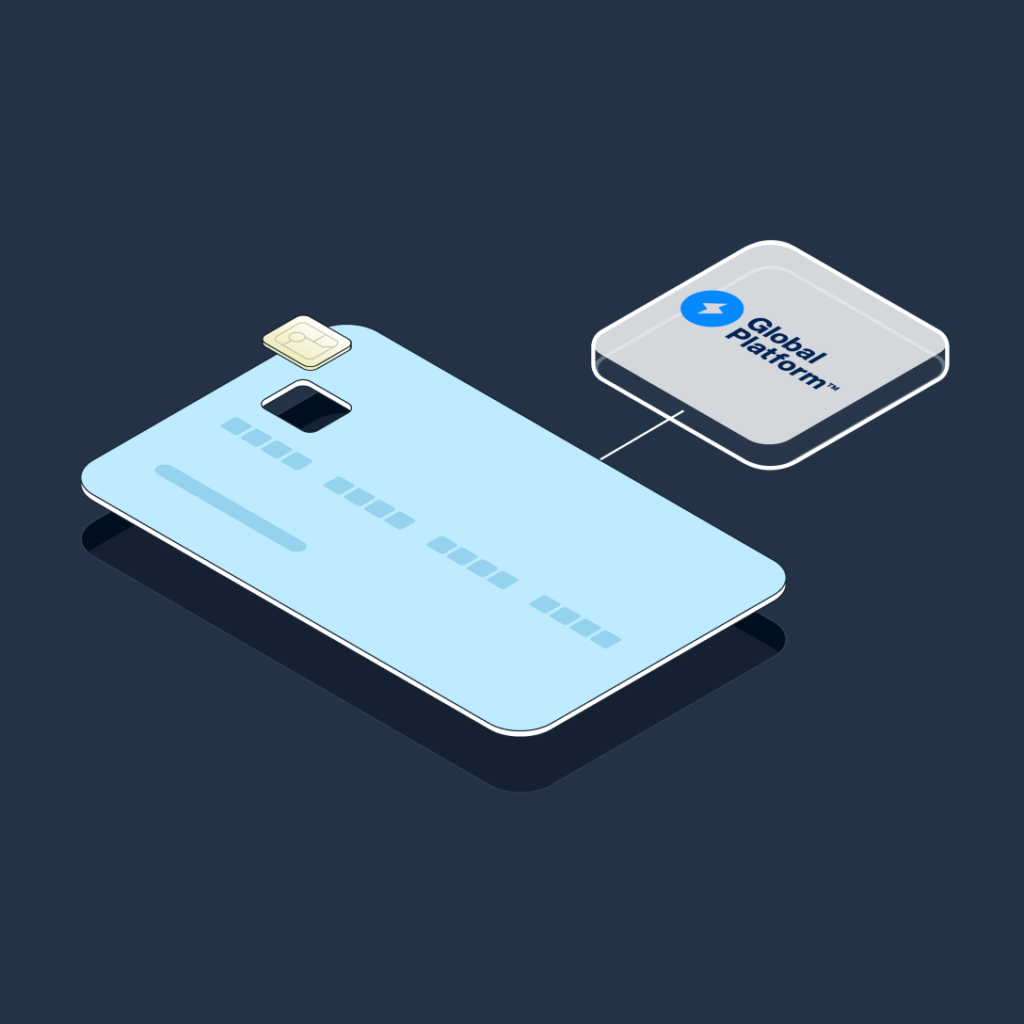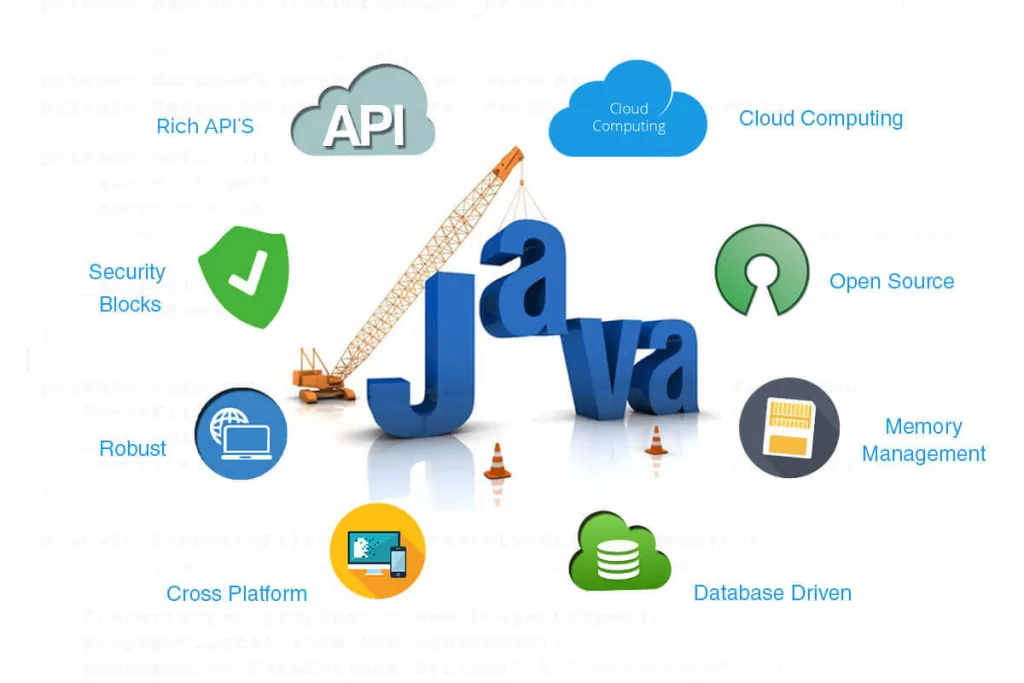
What is a Java Card?
Java cards are CPU-based smart cards that run Java applications, providing a secure and flexible platform in the evolving card ecosystem. Originally developed by Sun Microsystems (now Oracle) as an open standard, they have become a key component in secure identity and payment systems. These cards support innovative applications through a tailored Java subset, designed for devices with limited resources. With versions 3.2 and the latest 4.0, Java cards continue to lead the way in smart card innovation.
Learn About Java Card Technology and Platform
Java Card technology is a software platform designed for developing applications on resource-constrained devices, such as smart cards. It enables the secure execution of Java bytecode while maintaining efficient performance under limited hardware conditions.
The platform is composed of the Java Card Runtime Environment (JCRE), which oversees applet lifecycles and manages essential runtime services like memory allocation and secure data storage; the Java Card Virtual Machine (JCVM), responsible for executing bytecode and handling low-level operations such as memory access and hardware communication; and the Java Card API, which provides standardized interfaces that ensure applet compatibility across different Java Card-compliant devices.
These components work together to form a secure, interoperable environment for deploying portable applets used in diverse applications, including mobile payments, identity authentication, and secure access control.

What is a Java Card Product
A Java Card product refers to any smart card or embedded secure device running applications on the Java Card platform.
Developers commonly use these products when they need data protection, user authentication, and secure transactions. Examples include national ID cards, SIM cards, payment cards, and safe access badges.
The popularity of these products stems from their ability to support secure multi-application deployments and their compliance with international security standards, including the Java Card Protection Profile.
Main Features of Java Card-Based Smart Cards
- Platform Openness: Developers can download or update Java applets post-issuance, offering flexibility and long-term support.
- Integrated Data Storage: Data resides in secure memory and is managed by applets deployed through the Java virtual machine.
- Multi-Application Capability: Like MULTOS, Java Cards allow multiple independent applications on a single card, each isolated by a firewall.
- Dynamic Upgrade Support: Applets can be updated or replaced without requiring a new card, making it ideal for scalable systems.
Java Card-based smart cards also support remote personalization and lifecycle management, further boosting their viability in enterprise-level deployments.

Smart Card Applet Development Kit v3.2: Complete Toolset Overview
For developers, the Java Card Development Kit (currently at version 3.2) provides the essential tools for creating, simulating, and debugging Java Card applets. The development kit includes:
- Java Card simulator
- Bytecode converter (for .cap file generation)
- Example source code
- Complete documentation
This toolkit allows complete applet lifecycle testing in a controlled execution environment before deploying to actual Java Card products.
Advantages Of Traditional Smart Card Technologies
Java Card stands out with its cross-platform compatibility, unlike proprietary secure card platforms. Applets built using the Java Card development kit can operate on any compliant hardware, reducing cost and development time.
Additionally, its built-in security mechanisms—firewalls, cryptographic libraries, and access control—align with Java Card protection profile specifications, offering robust protection against common attack vectors.
Customization is also a strong suit—developers can configure the Java Card platform to meet specific application needs, including memory allocation, cryptographic strength, and secure messaging support.

Use Cases Across Industries
Java Card products power secure systems in various domains:
- Banking and Finance: Logical Visa cards, EMV payment solutions, and contactless UnionPay cards.
- Government and Identity: National ID cards, biometric passports, electronic driver’s licenses.
- Healthcare: eHealth, welfare cards, and insurance authentication systems.
- Access Control: Public transit cards, police ID cards, building entry cards, and digital signature tokens.
Thanks to the standardization and compatibility of the Java Card platform, these applications can share infrastructure while maintaining independent logic and security controls.
Security Evaluation Frameworks for Smart Chip Technologies
The Java Card protection profile provides internationally recognized security guidelines for evaluating the assurance of Java Card-based products. It defines how systems should enforce access control, data integrity, and isolation.
Java Card products that meet this profile are suitable for deployment in environments that require Common Criteria or similar security certifications, especially in government or financial sectors.
Make Your Smart Card Development Smarter with Java Card Products
Java Card products offer flexibility, security, and scalability across multiple application areas. Java Card 3.2 enables developers to efficiently build, test, and deploy secure and reliable applications. With support for Java Card protection profiles, these applications can meet stringent global standards.


